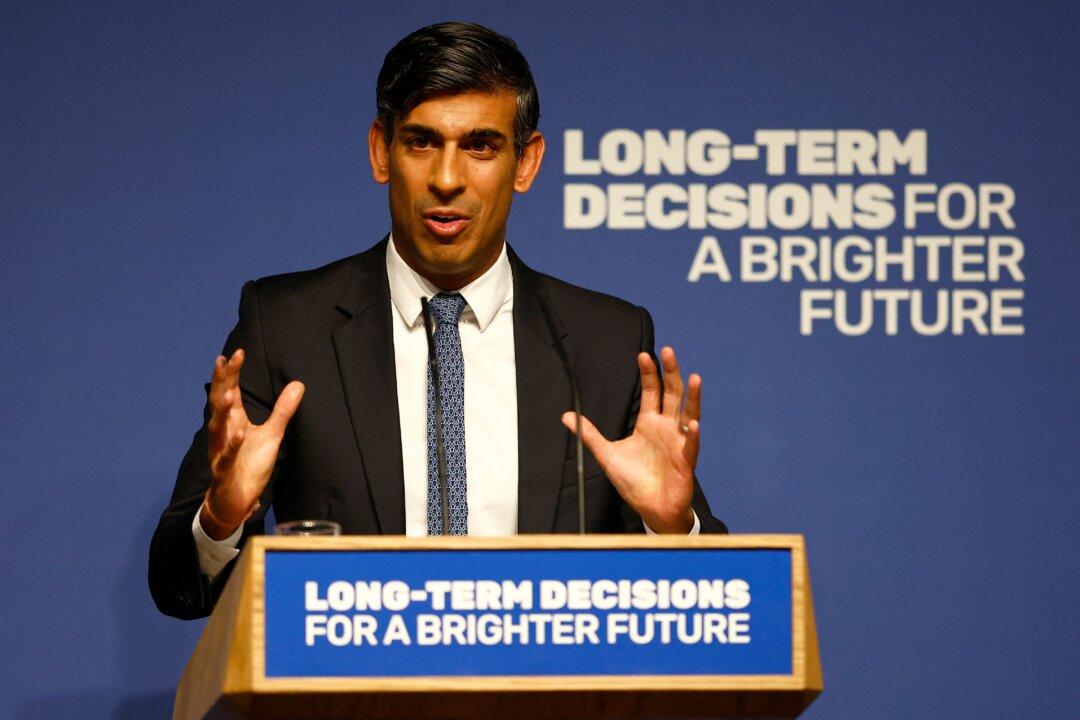The prime minister, Rishi Sunak, has reacted to the defeat in the UK Supreme Court for his policy on illegal immigrants by pledging to introduce legislation which would make Rwanda a “safe country.”
On Wednesday five UK Supreme Court judges unanimously backed the Court of Appeal which had ruled the government’s plans to send illegal immigrants to Rwanda for the processing of their asylum applications, were unlawful.





